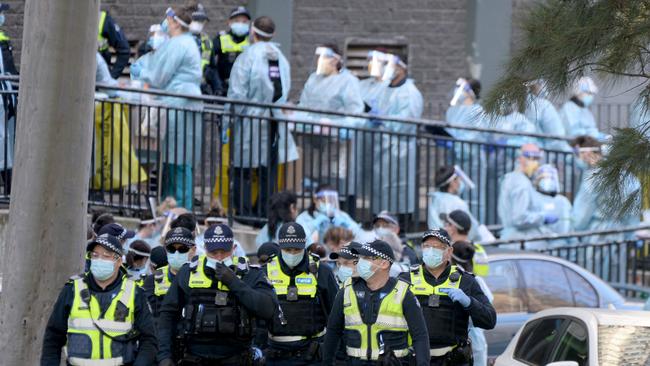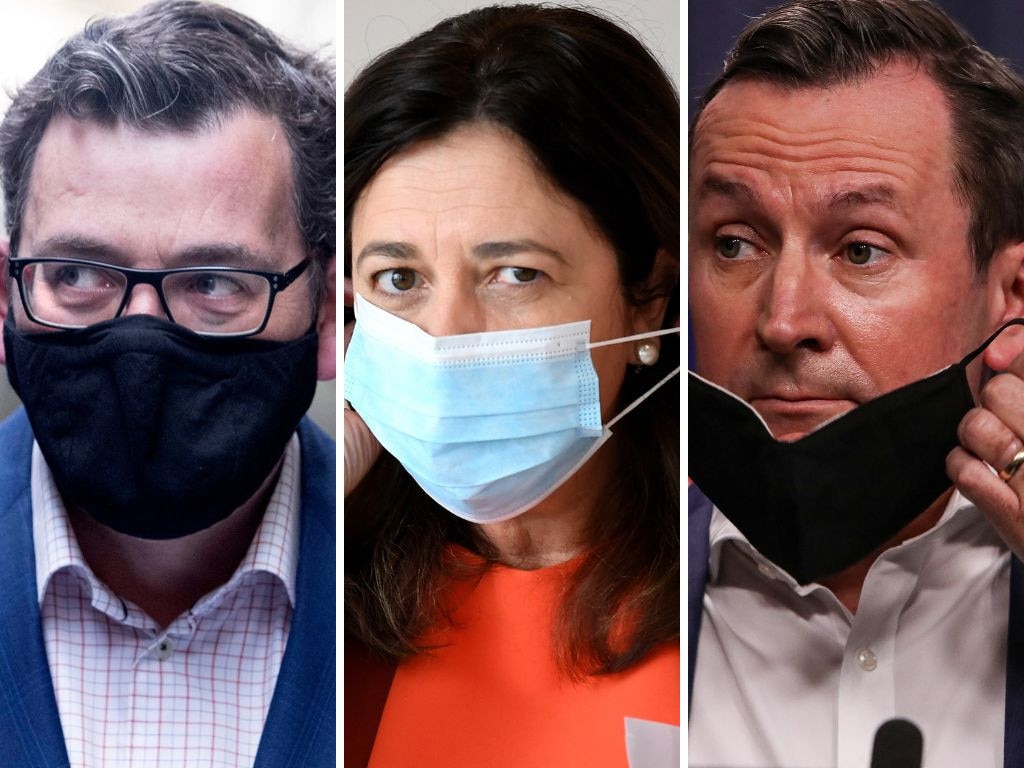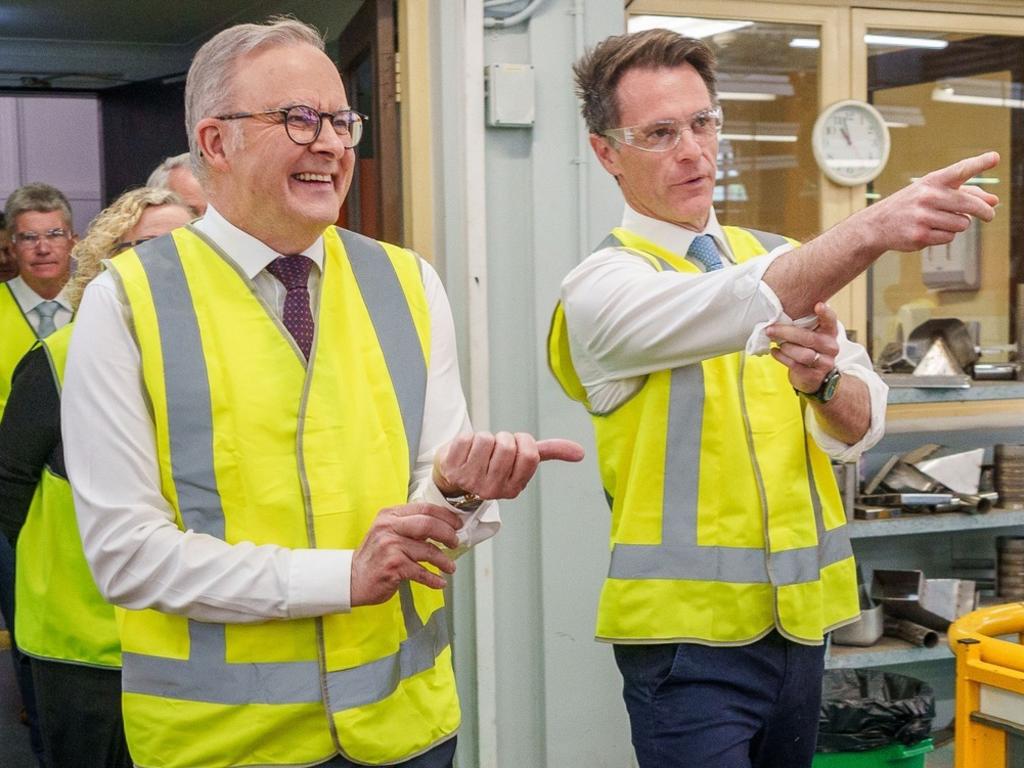Pandemic probe: Statistics can’t capture the loss of trust and confidence

The number one lesson should be that response measures do not operate in a vacuum. The full human impact needs to be understood and human rights need to be embedded into future emergency responses.
The 877-page inquiry report has been more than a year in the making, delivering nine guiding recommendations and 26 immediate and medium-term actions to help improve Australia’s response to any future pandemic.
There are a range of practical and commonsense lessons outlined, and the government has already moved to implement one recommendation with the announcement of the new Australian Centre for Disease Control.
However, there is a key measure identified by the report that cannot be addressed by a government policy announcement or by providing additional funding. The report has identified trust in government and institutions as the essential foundation for any successful emergency response. But it goes on to observe that trust was diminished and public confidence eroded during the pandemic because of a “lack of transparency, fairness, compassion and proportionality”.
Trust and confidence will not be restored unless politicians and bureaucrats recognise the full human cost. This cannot be properly captured by statistics that measure direct public health or economic impacts alone. Border closures, lockdowns, school closures and vaccination mandates had a substantial impact on each of us, but many feel these impacts have not been truly acknowledged or appreciated.
It may be true to say – as the report does – that Australia was among the most successful countries in our pandemic response, and that people should, overall, be proud of what we achieved. But we need to recognise this “success” was achieved at a substantial – and ongoing – human cost.
To the people who were separated from loved ones by state border closures, found themselves stranded overseas, were unable to comfort elderly parents confined to aged-care homes, or whose children still struggle to re-engage at school since lengthy lockdowns, framing Australia’s pandemic response as an overall success diminishes their personal experiences. These voices need to be heard if we want to ensure future responses are not only “successful” in terms of public health and economic outcomes, but also in terms of fairness and compassion.
That is why the Australian Human Rights Commission is working to develop a human rights emergency response framework that will put rights and freedoms at the heart of responses to all future emergencies and disasters. Our full findings will be released early next year. As part of this project, we invited all Australians to share the personal impact the pandemic had on their lives. In the space of six weeks, we received over 2300 individual stories. Each story was different, but they all highlighted the substantial cost borne by individuals, families and communities in delivering Australia’s “successful” response.

We also surveyed more than 3000 Australians from across the country, who told us that being unable to meet with family or friends due to restrictions on gatherings was the single most negative impact during the pandemic. People identified missing family and friends, feeling lonely, and immense impacts on their mental health as being key themes that informed this response.
Decision-makers greatly underestimated the central importance of our relationships and maintaining physical connections with loved ones during the pandemic. While this is partially reflected in the report, the terms of reference expressly prevented the inquiry from considering the unilateral actions taken by state governments – when it was state governments that were primarily responsible for measures such as lockdowns and school closures. This limited the inquiry’s ability to fully explore the decision-making that impacted people so profoundly.
Australia needs to reflect on all the lessons from our pandemic response to ensure we’re better prepared for the next emergency. By centring our preparations through a human rights lens, we can ensure the overreach identified in the report never happens again.
Lorraine Finlay is Australia’s Human Rights Commissioner.
More Coverage
 The full human impact needs to be understood and human rights need to be embedded into future emergency responses.
The full human impact needs to be understood and human rights need to be embedded into future emergency responses.



The Covid-19 response inquiry report is an important first step, but there is much more that needs to be done if the government wants to start rebuilding public trust.